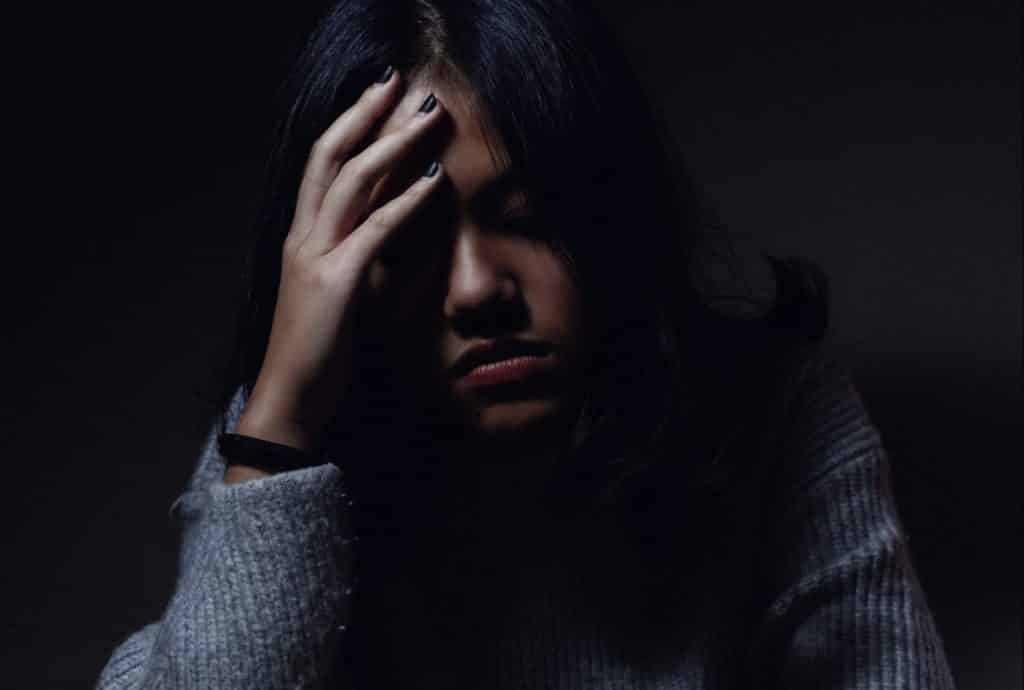Like periods, sex, and other intimate topics, birth control used to be a taboo. However, in this modern day and age, birth control pills (BCP) are taken by numerous women around the world for a plethora of reasons. Taken orally, the primary function of birth control pills are to manipulate the hormone levels in women such that the chance of conceiving a child is lowered. Comprised of the hormones estrogen and/ or only progestin, it’s hormone regulating properties is used to regulate menstruation, relieve symptoms of premenstrual syndrome (PMS), clear up hormonal acne and more.
Birth control pills are a popular form of contraception, however, there are dark sides to this pill. According to a news report by The Canadian Broadcasting Corporation (CBC) in 2013, the pill was suspected to have killed 23 women, including a girl as young as 14 years of age. Lawyers, doctors and pharmacists has found a correlation between the deaths and the use of popular BCP brands such as Yaz and Yasmin which are manufactured by Bayer AC. Multiple lawsuits led the German multinational pharmaceutical company to pay up a staggering $1 billion to settle lawsuits in the US alone.
Reactons from taking the Birth Control Pill
Here is a summary report conducted by Health Canada observing the pill taker’s reactions.
The general reaction includes:
- Cardiac disorders
- Vascular disorders
- Respiratory, thoracic & mediastinal disorders
- Gastrointestinal disorder
Yaz pills:
- Hepatobiliary disorders
Yasmin pills:
- Psychiatric disorders
- Nervous system disorders
- Musculoskeletal and connective tissue disorders
- Injury, poisoning and procedural complications
- Infections and infestations
So what makes these brands more dangerous than their competitors? Synthetic drospirenone, which shows a higher risk of blood clots, the suspected main cause of the deaths.
However, there is no substantial evidence tying drospirenone and blood clotting in birth control pills. According to the US Food and Drug Administration (FDA), an issued statement only said pills with drospirenone “may” be associated to the risks as there were mixed results. Positive results to the statement shows that the risk of blood clots is as high as three times than pills not containing drospirenone. While negative results show no additional risk at all.
According to the American Heart Association (AHA), a healthy 27 year old woman suddenly fell into a stroke which was suspected to be caused by the intake of BCP for several months. As a results, she was diagnosed with a cryptogenic stroke and an end of her BCP routine.
There is no substantial proof that confirms BCPs as the culprit. However, it is the most likely cause as the woman had no history of health problems or migraines, and the only major change in her lifestyle was the consumption of BCPs. According to Loyola University Health System, the speculation of BCPs increasing the risk of strokes in women started in 1962. Pills with higher dosage of synthetic estrogen was scrutinized.
Today, this particular BCP formula is no longer in use. However, strokes can still occur if there are already additional potential stroke risk such as smoking, hypertension and migraines.
These side effects can be annoying and lead women to opt to get off the pill. Nikki Gonda, the founder of My Moonbox shared her personal experience online.
“For me, I said goodbye to the cramps & heavy irregular periods, but I also said hello to 6 years of anxiety, depression, UTIs, thrush & thinking I was crazy. And if that wasn’t enough, when I finally came off the pill, not only did my symptoms resurface but I also was diagnosed with hypothyroidism, leaky gut, & my period didn’t return for over a year later”
– Nikki Gonda
Despite the risks, you should not be afraid of BCPs. The purpose of this article is not to instill fear in taking BCPs, but rather inform the public on its potential side effects as the media often portrays BCPs as a wonder pill that regulates hormones while downplaying its side effects.
According to Dr Zoe Williams and Dr Carol Cooper who appeared on This Morning, they mentioned that the pill is extensively researched on and is considered safe, while there are negative complications, they are extremely rare, the pill would be put for good use safely if the women take the right pill for themselves. The varying thing in BCPs are its concentrations of hormones and different women respond differently to different hormone concentrations. Hence, it is crucial to try out which BCP works for you instead of just reading reviews online.
Making any type of birth control decision is very personal and important, therefore one must be informed beforehand. If you are looking into getting birth control of any method, do a lot of research and consult professionals especially if you have concerns or questions.
References:
“Yaz, Yasmin birth control pills suspected in 23 deaths – CBC.ca.” 11 Jun. 2013, https://www.cbc.ca/news/canada/british-columbia/yaz-yasmin-birth-control-pills-suspected-in-23-deaths-1.1302473. Accessed 25 Nov. 2020.
“FDA Drug Safety Communication: Updated information about ….” 10 Apr. 2012, https://www.fda.gov/drugs/drug-safety-and-availability/fda-drug-safety-communication-updated-information-about-risk-blood-clots-women-taking-birth-control. Accessed 25 Nov. 2020.
“Oral Contraceptives and Ischemic Stroke Risk | Stroke.” https://www.ahajournals.org/doi/full/10.1161/STROKEAHA.117.020084. Accessed 25 Nov. 2020.
“Birth control pills increase risk of ischemic stroke: But risk is ….” 5 Mar. 2018, https://www.sciencedaily.com/releases/2018/03/180305092949.htm. Accessed 25 Nov. 2020.
“Is the Contraceptive Pill Safe? – Part 1 | This Morning – YouTube.” 27 Jul. 2017, https://www.youtube.com/watch?v=GMImQWHlFBI. Accessed 25 Nov. 2020.







